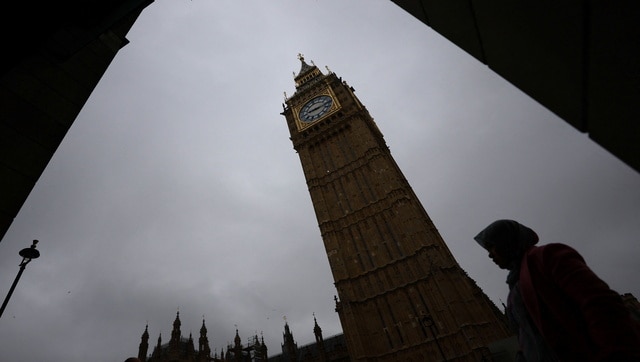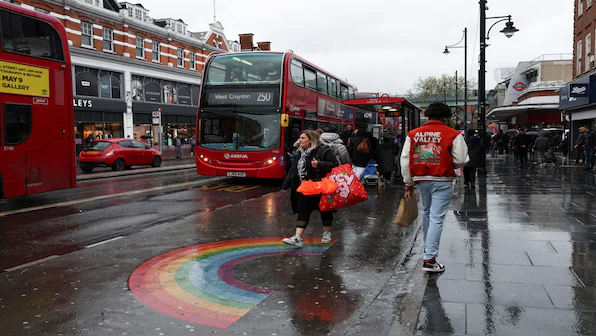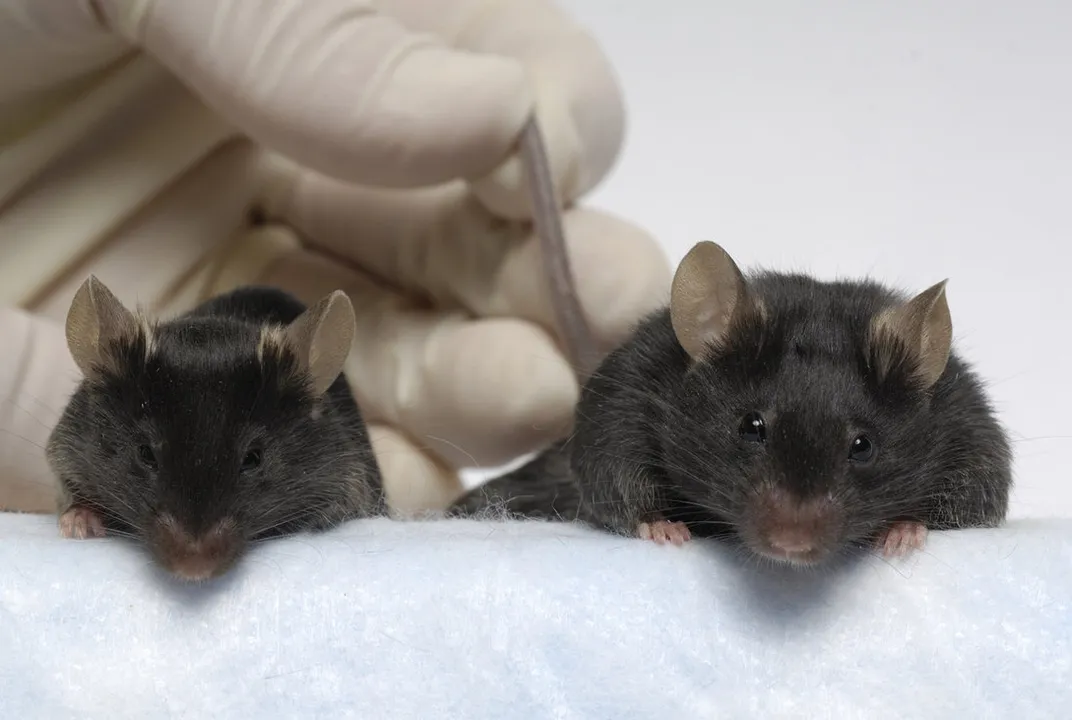The United Kingdom’s new visa rules aimed at curbing migration have started coming into effect. The development comes after a record 745,000 people came to the UK in 2022, the figure British Prime Minister Rishi Sunak described as “far too high”.
The new visa rules have increased the salary threshold. Indians, who are among the top nationalities seeking work visas in the UK, are likely to be impacted by the new norms.
The United Kingdom's new visa rules, aimed at curbing migration, are now in effect, following a record influx of 745,000 people in 2022, a figure British Prime Minister Rishi Sunak deemed "far too high."
The new regulations significantly raise the salary threshold for those seeking to work in the UK. Previously set at £26,200, the minimum salary requirement has now increased to £38,700. This change, amounting to nearly a 50 per cent jump, is likely to impact Indian nationals, who are among the top nationalities seeking work visas in the UK.
Exceptions to the raised wage threshold exist, notably for certain professions such as health and social care workers, as well as teachers on national pay scales. Additionally, jobs listed under the "shortage occupation list," including health and care workers, pharmacists, graphic designers, construction workers, and vets, have a lower salary threshold. However, overseas care workers are unable to bring family dependents with them.
Applicants must still apply for a skilled worker visa through the points-based system (PBS). Under the PBS, candidates must accumulate 70 points to qualify, with 50 points awarded for a job offer above a minimum skill level and proficiency in English. The remaining 20 points can be obtained through factors such as a higher salary, employment in a field with job shortages, or holding a relevant PhD. These new rules came into effect on 4 April.
In terms of family visas, UK residents must now earn a minimum salary of £29,000 to sponsor a loved one to join them from abroad. This threshold is set to rise to £34,500 later in the year and further to £38,700 in early 2025. However, existing family visa holders renewing their visas are not subject to these new requirements, as confirmed by the Home Office.
The increased salary threshold for family visas has drawn criticism from various quarters, with concerns raised about its impact on families and workers. Critics argue that these changes risk "separating families" and undermine the UK's reputation as a place where families can thrive. Nonetheless, UK Home Secretary James Cleverly defended the move, stating that the new rules aim to "protect British workers" and create an immigration system fit for the future.
1. Impacts on Indians
 // Cras eget sem nec dui volutpat ultrices.
// Cras eget sem nec dui volutpat ultrices.
Indians constitute a significant portion of individuals applying for skilled work visas in the UK. According to a report by the Economic Times (ET), the number of work visas granted to Indians surged by 63 percent, rising from 13,380 in 2021-22 to 21,837 in 2022-23.
2. Skilled Worker Visas
The UK Home Office highlighted that Indian nationals dominated the 'Worker' category, comprising one-third (33 percent) of visa grants. Particularly noteworthy is their prominence in both the 'Skilled Worker' and 'Skilled Worker - Health and Care' visas.
3. Healthcare Workers
Indian applicants led the healthcare visa category, securing 29,726 visas in 2022-23. This marks a substantial increase of 105 percent from the 14,485 visas obtained in 2021-22.
4. Salary Threshold Impact
 // Cras eget sem nec dui volutpat ultrices.
// Cras eget sem nec dui volutpat ultrices.
The recent increase in the salary threshold for skilled worker visas poses a challenge for Indians earning below the specified threshold, potentially limiting their opportunities to work in the UK.
5. Dependents of Postgraduate Students
Since January 2024, foreign postgraduate students are restricted from bringing dependents unless they are enrolled in a research program. Among visa holders, Indians ranked second in sponsoring dependents, with 42,381 dependents, trailing behind Nigerians with 66,796.
6. Study Visas
Indian nationals also dominate the study visa category, with a significant increase observed in recent years. In the year ending March 2023, there were 138,532 sponsored study visa grants to Indian nationals, marking a remarkable 63 percent increase compared to the previous year. This surge has been consistent since the year ending March 2019, now amounting to around seven times higher than before, according to the Home Office's findings.





















0 Comments